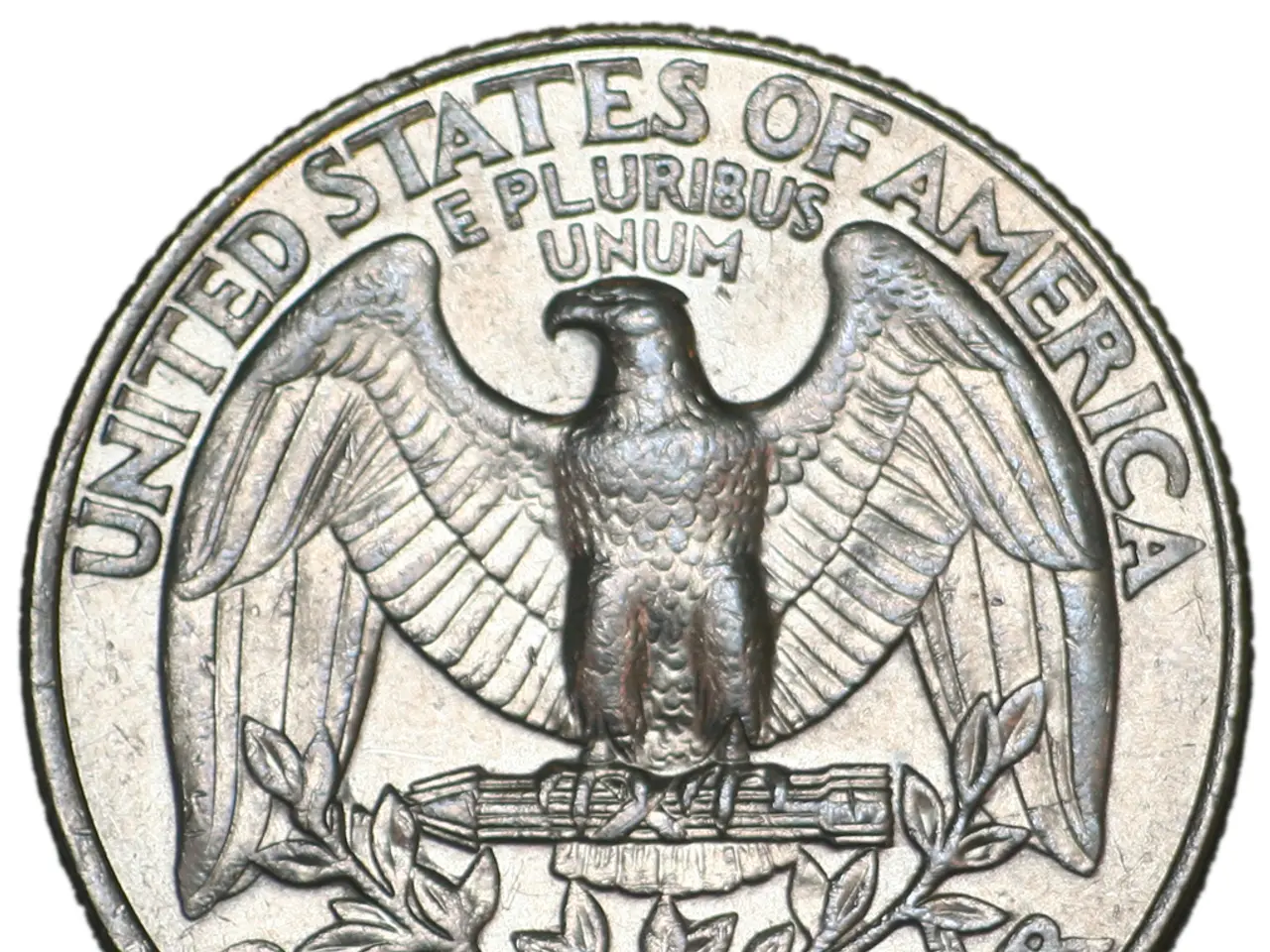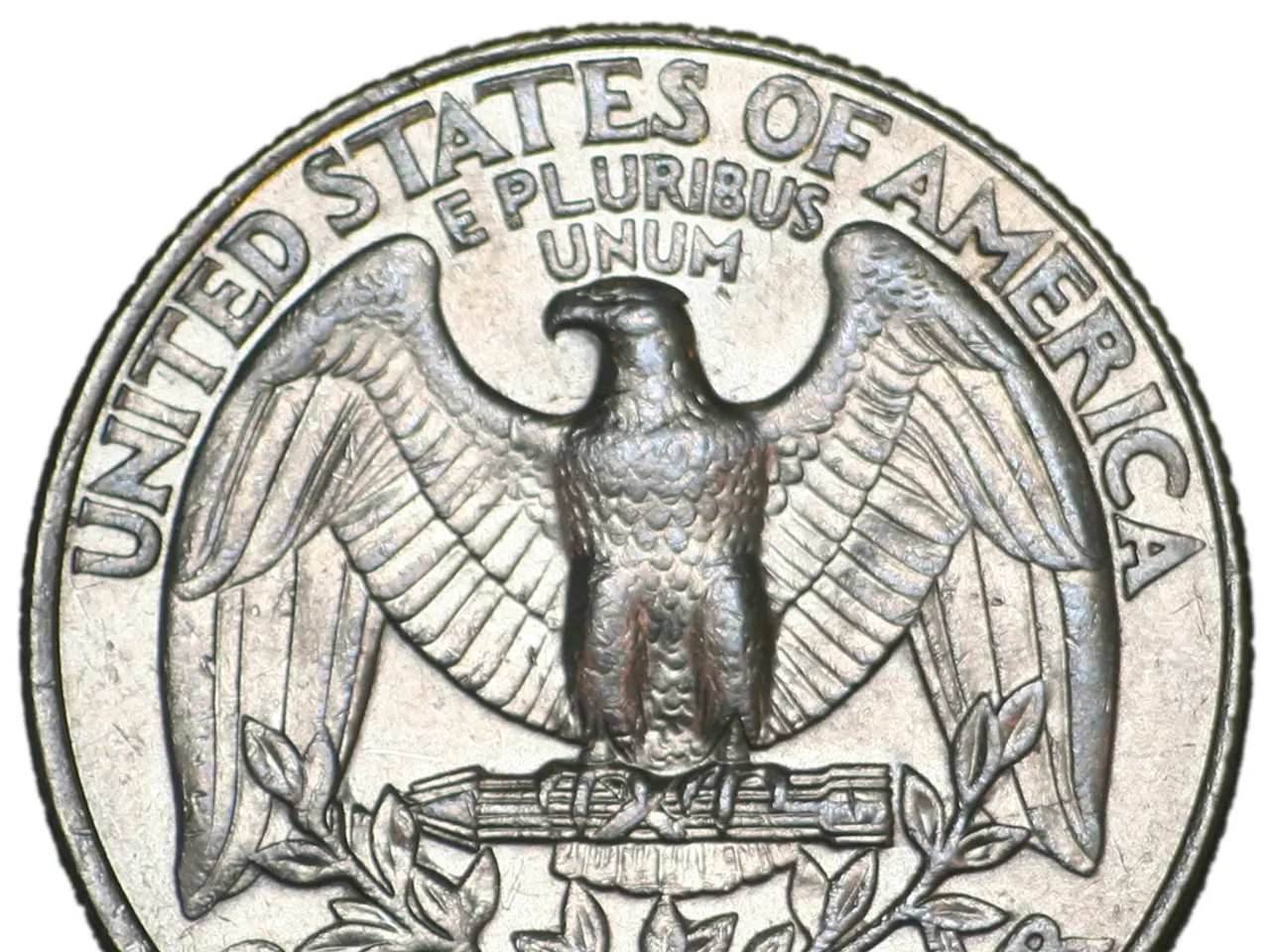AI and IIoT are driving the digital metamorphosis of industries by integrating intelligent technologies and the internet of industrial things.
The digital transformation of manufacturing is set to take a significant leap forward with the advent of the Industry 4.0 era. This transformation is driven by the convergence of advanced technologies, particularly Artificial Intelligence (AI) and the Industrial Internet of Things (IIoT). On June 26, 2025, at 2:00 PM ET, 1:00 PM CT, 11:00 AM PT, and 7:00 PM GMT, an expert discussion will delve into how AI and IIoT are shaping the next industrial era, with a focus on their transformative potential.
In the Industry 4.0 era, factories are evolving into highly connected, data-driven, and intelligent environments, often referred to as "smart factories." IIoT connects machines and sensors digitally, enabling seamless communication across production lines. AI then leverages this data to monitor, analyse, and optimise manufacturing operations with minimal human intervention, transforming traditional factories into highly automated and efficient smart factories.
One of the key benefits of this digital integration is improved quality and reduced defects. AI-driven inspection and monitoring systems, powered by IIoT data, help maintain near-perfect quality levels. For instance, Siemens’ smart factory achieves a quality rate of 99.99885%, while General Electric reduced defects by up to 25% through AI applications.
Another significant advantage is predictive maintenance, which reduces machine downtime and extends machine life. Sensors embedded in machinery continuously collect condition data, which AI analyses to predict failures before they occur. This capability reduces machine downtime by up to 50% and extends machine life by 20-40%, driving significant cost savings.
Real-time decision-making is also enhanced through Edge AI, which processes data closer to the source (machines and sensors) to enable faster, localised decisions that enhance responsiveness and efficiency on the factory floor.
AI and IIoT also provide manufacturers with comprehensive visibility into inventory, logistics, personnel availability, and asset utilization. The resulting insights drive improved resource management, production scheduling, and overall operational efficiency. Digital twins and simulation further optimise production operations by creating digital replicas of manufacturing processes, enabling companies to simulate outcomes and foresee potential issues.
However, the implementation of these technologies is not without challenges. Manufacturers face barriers including cybersecurity risks, massive data management needs, and high costs, which are gradually addressed as companies progress along their digital transformation journey.
In sum, AI and IIoT are central to Industry 4.0’s vision of manufacturing. They enable factories to become connected, intelligent, and autonomous, leading to higher productivity, reduced costs, improved quality, and greater flexibility in manufacturing processes. This digital integration is fundamentally reshaping the manufacturing landscape, making it more competitive and adaptable in a rapidly evolving industrial environment.
This conversation is relevant to automation experts, plant managers, and strategic decision-makers who are keen to learn about the latest advancements in AI and IIoT and their potential impact on the manufacturing sector. The event promises to be an insightful exploration of the transformative potential of AI and IIoT in the Industry 4.0 era.
[1] "The Future of Manufacturing: How AI and IIoT are Transforming the Industry." (2023). Industry Today. Retrieved from https://www.industrytoday.co.uk/articles/2023/05/the-future-of-manufacturing-how-ai-and-iiot-are-transforming-the-industry [2] "AI and IIoT in Manufacturing: Unlocking Efficiencies and Innovation." (2024). The Manufacturer. Retrieved from https://www.themanufacturer.com/articles/ai-and-iiot-in-manufacturing-unlocking-efficiencies-and-innovation/ [3] "The Road to Industry 4.0: Navigating the Challenges of AI and IIoT Implementation." (2024). Industry Week. Retrieved from https://www.industryweek.com/digital-manufacturing/the-road-to-industry-4-0-navigating-the-challenges-of-ai-and-iiot-implementation/ [4] "Digital Twins and Simulation in Industry 4.0: A New Era of Manufacturing Optimisation." (2023). Digital Engineering. Retrieved from https://www.digitalengineering24.com/manufacturing/digital-twins-and-simulation-in-industry-4-0-a-new-era-of-manufacturing-optimisation/
- The leveraging of Artificial Intelligence (AI) and the Industrial Internet of Things (IIoT) in the Industry 4.0 era is projected to revolutionize the finance sector, as these technologies enable manufacturing processes to be highly automated and efficient, leading to reduced costs and improved quality.
- Predictive maintenance integrated with AI and IIoT will be instrumental in reducing machine downtime and extending machine life in the industry, driving significant cost savings of up to 50% and extending machine life by 20-40%.
- In the digital transformation landscape of Industry 4.0, converging AI and IIoT technologies provide manufacturers with comprehensive insights that optimize resource management, production scheduling, and overall operational efficiency, ultimately leading to a more competitive and adaptable industrial environment.




